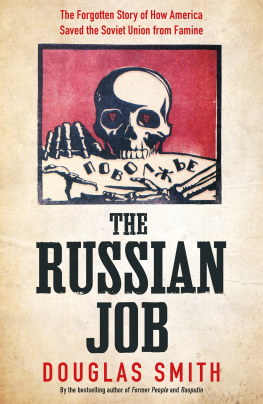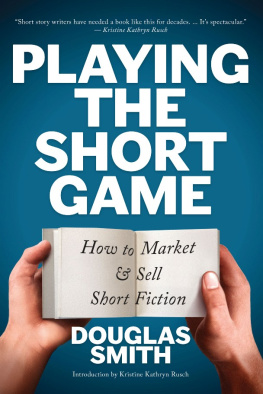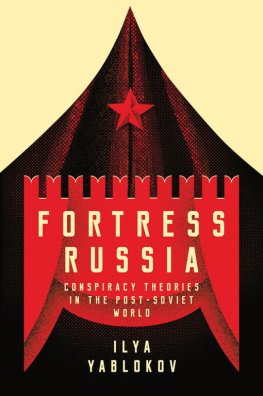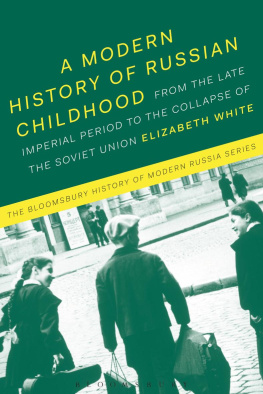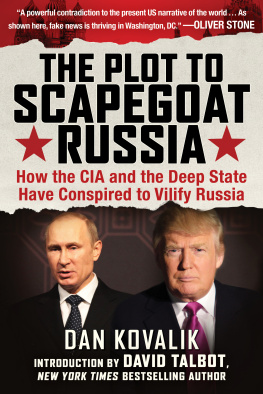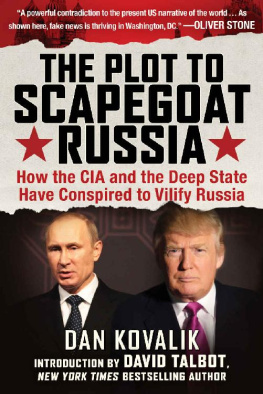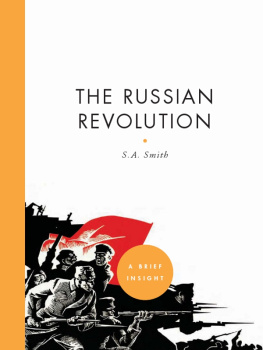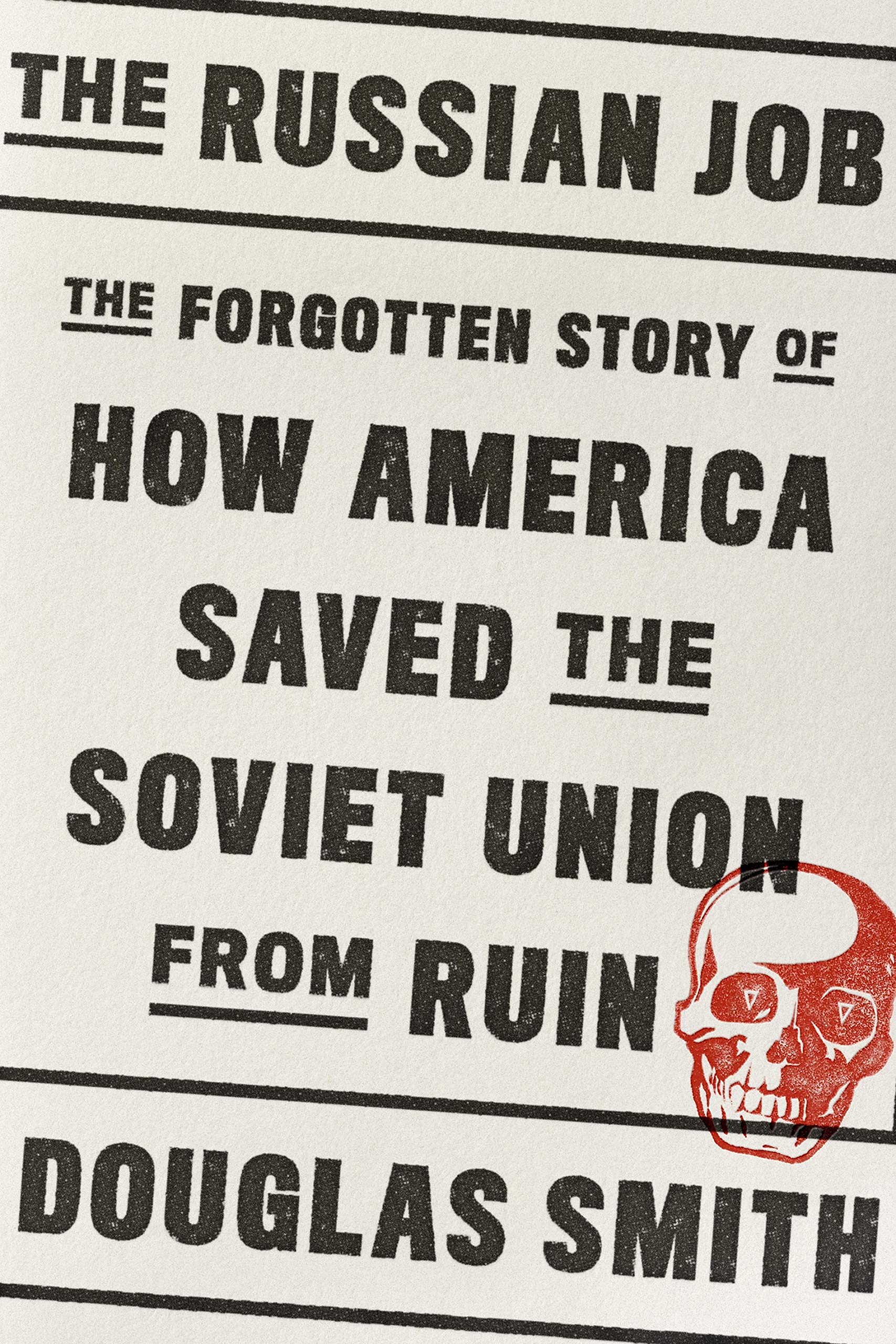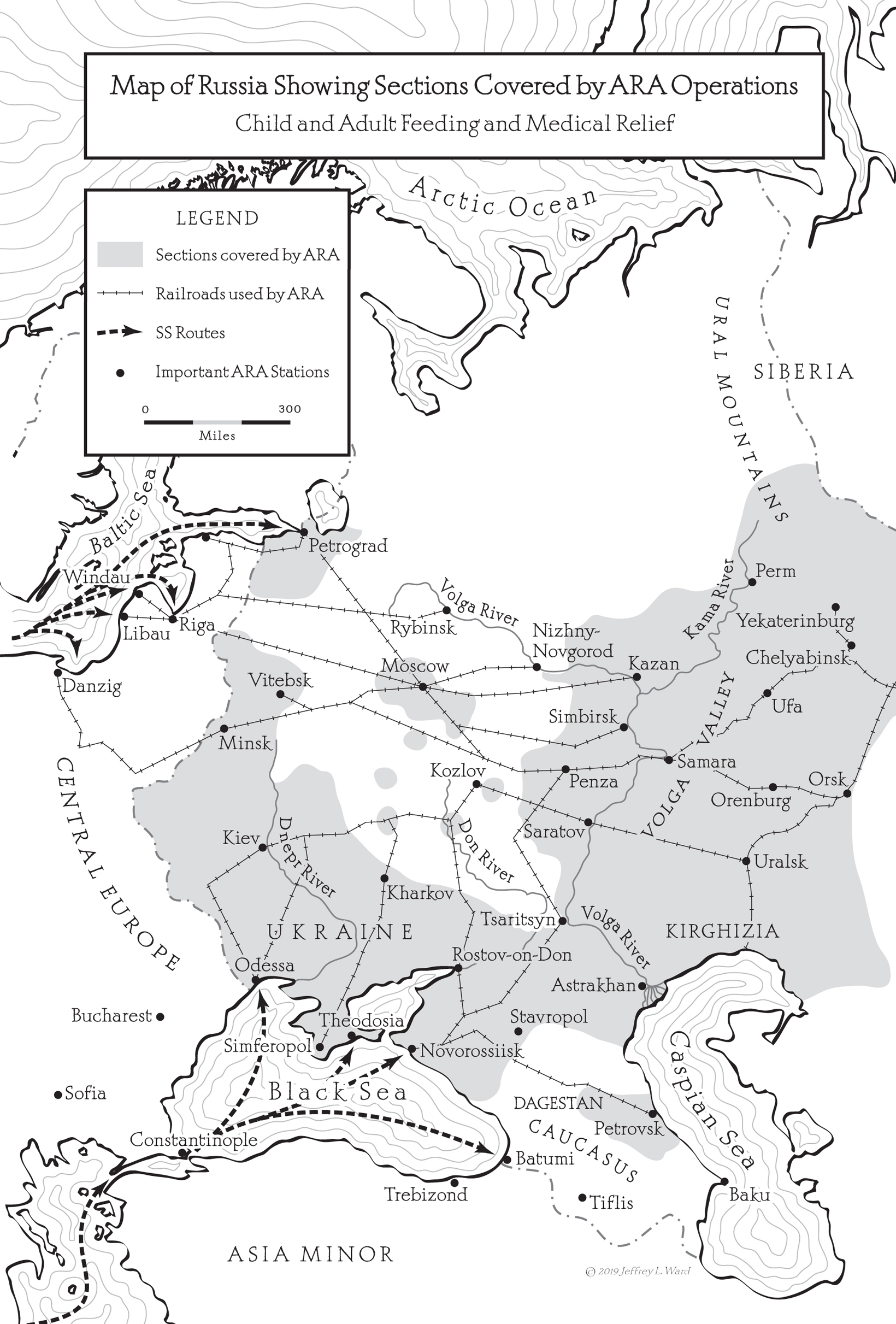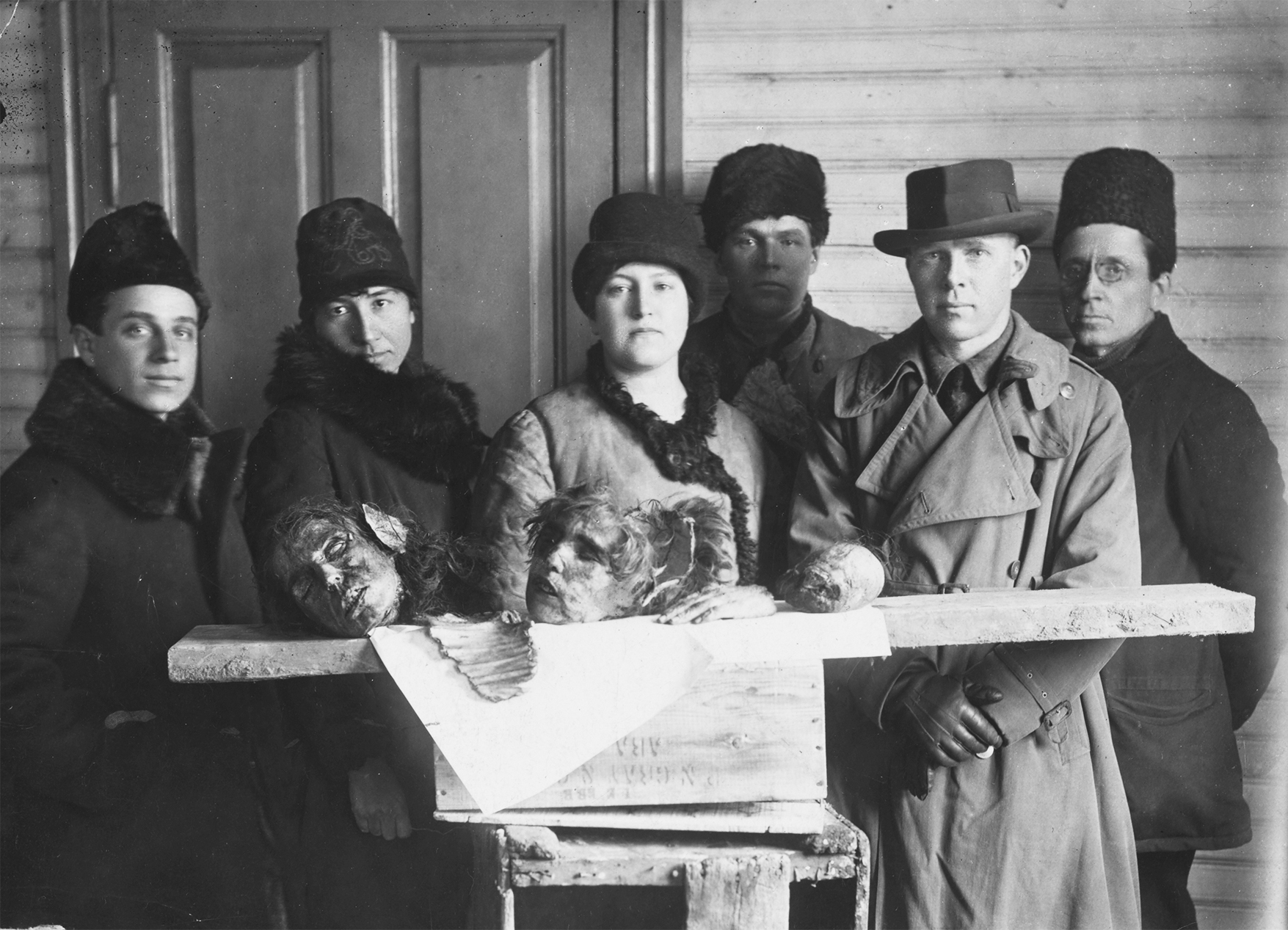Douglas Smith - The Russian Job: The Forgotten Story of How America Saved the Soviet Union from Ruin
Here you can read online Douglas Smith - The Russian Job: The Forgotten Story of How America Saved the Soviet Union from Ruin full text of the book (entire story) in english for free. Download pdf and epub, get meaning, cover and reviews about this ebook. year: 2019, publisher: Farrar, Straus and Giroux, genre: History. Description of the work, (preface) as well as reviews are available. Best literature library LitArk.com created for fans of good reading and offers a wide selection of genres:
Romance novel
Science fiction
Adventure
Detective
Science
History
Home and family
Prose
Art
Politics
Computer
Non-fiction
Religion
Business
Children
Humor
Choose a favorite category and find really read worthwhile books. Enjoy immersion in the world of imagination, feel the emotions of the characters or learn something new for yourself, make an fascinating discovery.

- Book:The Russian Job: The Forgotten Story of How America Saved the Soviet Union from Ruin
- Author:
- Publisher:Farrar, Straus and Giroux
- Genre:
- Year:2019
- Rating:3 / 5
- Favourites:Add to favourites
- Your mark:
The Russian Job: The Forgotten Story of How America Saved the Soviet Union from Ruin: summary, description and annotation
We offer to read an annotation, description, summary or preface (depends on what the author of the book "The Russian Job: The Forgotten Story of How America Saved the Soviet Union from Ruin" wrote himself). If you haven't found the necessary information about the book — write in the comments, we will try to find it.
After decades of the Cold War and renewed tensions, in the wake of Russian meddling in the 2016 election, cooperation between the United States and Russia seems impossible to imagine--and yet, as Douglas Smith reveals, it has a forgotten but astonishing historical precedent.
In 1921, facing one of the worst famines in history, the new Soviet government under Vladimir Lenin invited the American Relief Administration, Herbert Hoovers brainchild, to save communist Russia from ruin. For two years, a small, daring band of Americans fed more than ten million men, women, and children across a million square miles of territory. It was the largest humanitarian operation in history--preventing the loss of countless lives, social unrest on a massive scale, and, quite possibly, the collapse of the communist state.
Now, almost a hundred years later, few in either America or Russia have heard of the ARA. The Soviet government quickly began to erase the memory of American charity. In America, fanatical anti-communism would eclipse this historic cooperation with the Soviet Union. Smith resurrects the American relief mission from obscurity, taking the reader on an unforgettable journey from the heights of human altruism to the depths of human depravity. The story of the ARA is filled with political intrigue, espionage, the clash of ideologies, violence, adventure, and romance, and features some of the great historical figures of the twentieth century.
In a time of cynicism and despair about the worlds ability to confront international crises,The Russian Jobis a riveting account of a cooperative effort unmatched before or since.
Douglas Smith: author's other books
Who wrote The Russian Job: The Forgotten Story of How America Saved the Soviet Union from Ruin? Find out the surname, the name of the author of the book and a list of all author's works by series.

